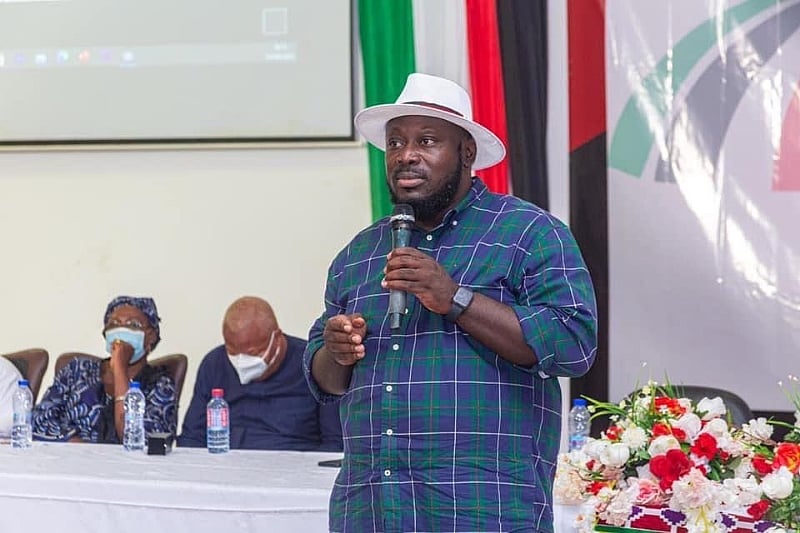The National Youth Organiser of the National Democratic Congress (NDC), Mr. George Opare Addo, recently highlighted the party’s commitment to addressing youth unemployment under the leadership of its flagbearer, John Dramani Mahama. During a campaign event at Nsawam Adoagyiri Zongo, part of the Eastern regional outreach for NDC’s vice presidential candidate, Prof. Jane Naana Opoku-Agyemang, Mr. Addo emphasized that creating jobs for young Ghanaians is a top priority. He outlined several initiatives aimed at fostering job creation, including the establishment of a 24-hour economy, the implementation of a National Apprenticeship Programme, and the ambitious Big Push initiative. These initiatives are expected to spur economic growth and provide ample opportunities for youth engagement and employment.
Furthermore, Mr. Addo underscored the NDC’s plan to leverage technology in creating job opportunities. A significant component of this strategy involves training one million Ghanaian youth in coding, equipping them with essential digital skills that are increasingly relevant in today’s job market. This focus on a digital economy aims to prepare the youth for contemporary job demands, making them competitive in both local and international arenas. It demonstrates a forward-thinking approach to economic development, with an understanding of the pivotal role that technology plays in job creation.
In addressing educational policies, Mr. Addo stated that the NDC aims to alleviate the financial burdens on students by committing to absorb the academic fees of all first-year students in public universities by the year 2025. This pledge indicates the party’s recognition of the financial challenges faced by students and their families, aiming to make higher education more accessible. Mr. Addo was keen to clarify misconceptions about educational reforms, reiterating that the NDC does not plan to abolish the Free Senior High School (SHS) program. Instead, he assured supporters that the educational policies initiated by previous administrations would be enhanced, particularly under the guidance of Prof. Opoku-Agyemang, a seasoned educationist.
Mr. Addo also addressed broader social issues, stating that the next NDC government would prioritize women’s empowerment and social equity as part of its agenda. He emphasized the importance of creating a society where women can thrive and contribute meaningfully to the economy, which aligns with the party’s inclusive policies. By empowering women, the NDC hopes to foster a well-rounded approach to development that recognizes the critical roles women play in various sectors, including education and entrepreneurship.
While presenting these plans, Mr. Addo urged the youth to support the NDC in the upcoming presidential and parliamentary elections, framing their vote as essential for enabling John Dramani Mahama to reset the country’s trajectory. He highlighted the importance of collective action and encouraged young voters to see their participation as instrumental in driving the positive changes they wish to see in Ghana. The NDC strives to position itself as not just a political party but as a vehicle for transformative change that genuinely addresses the needs and aspirations of the youth.
In summary, Mr. Addo’s address during the campaign emphasized a multifaceted approach to job creation and educational reform tailored for the youth of Ghana. Through initiatives aimed at economic revitalization, digital skills training, and enhanced educational access, the NDC seeks to cultivate a supportive environment for young people. Coupled with a commitment to social equity and women’s empowerment, the party presents a comprehensive strategy designed to resonate with voters. By reinforcing the imperative to vote for the NDC, Mr. Addo aimed to rally the youth around a shared vision of progress and opportunities that the Mahama-led administration aspires to achieve.














